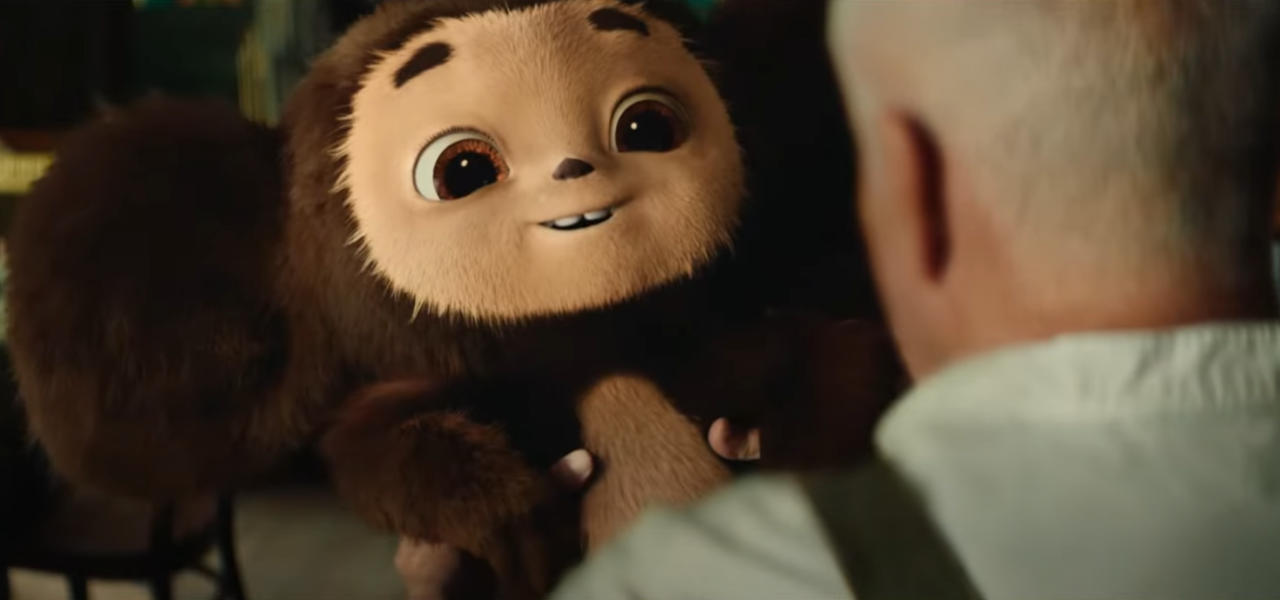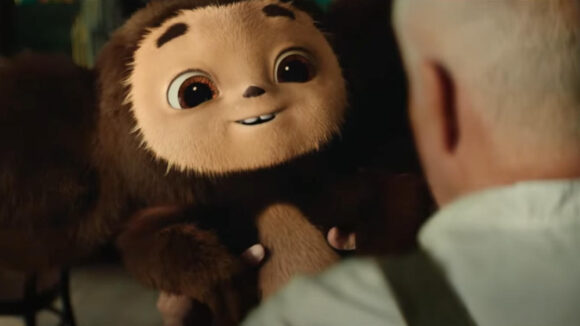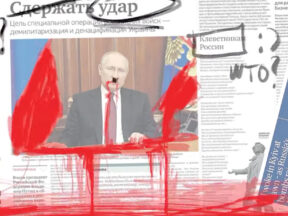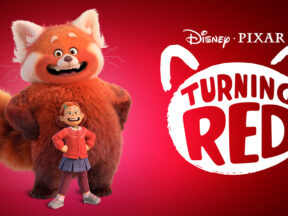

Vladimir Putin Approves Full Federal Financing For Kids’ Animated Features In Russia
Russian President Vladimir Putin’s office has published a new set of instructions for the federal government to implement regarding animation production in the country.
The proposal opens up the possibility for full state funding of feature-length animated films and lightens the tax burden on the country’s animation industry. According to the document, the proposed changes will be enacted by September 30 of this year.
Russian animation producers are almost certainly thrilled by the news, as most have been struggling since country’s invasion of Ukraine. Since then, many countries have implemented cultural and economic embargoes against Russia, meaning that foreign money isn’t coming into the sector and Russian productions can’t be sold in key territories.
Putin’s new instructions, published by the Kremlin after a meeting with the Agency for Strategic Initiatives, contain several measures that should have a significant impact on the country’s creative economy. The first and most significant among them is a pledge to:
Ensure that changes are made to the legislation of the Russian Federation that provide for full state funding for the production and distribution of animated films for children and youth.
In addition to a promise of state funding, the document contains instructions for the Russian government to reduce taxes and fees imposed on “Russian organizations engaged in the production and sale of animated audiovisual products produced by them.” To do this, the Kremlin has proposed a new 3% corporate income tax rate for qualifying companies.
Putin’s office also published directions to create a special economic zone in Moscow meant to foster an international film hub. Companies operating in the area will receive government-backed support including tax breaks, subsidies, and grants.
Irina Mastusova, CEO of the Animated Film Association, said of the Kremlin’s support:
In recent years, the animation industry has begun to occupy an important place in the structure of creative industries, being a powerful driver of their development. Such results would not have been possible without the strategic mechanisms of state support, which made it possible to achieve multiple increases in the volume of the animation market. And this, among other things, is the result of a constructive dialogue between the authorities and the professional community.
Mastusova is certainly right about the growing importance of animation in the Russian production sector. The hybrid animation/live-action film Cheburashka was released on January 1 this year, and within nine days of release became the highest-grossing local film in Russian box office history. A few days later, it passed Avatar to become the biggest film in Russian box office history. Certainly, the sector will be looking to emulate that film’s success as soon and as often as possible.

.png)



